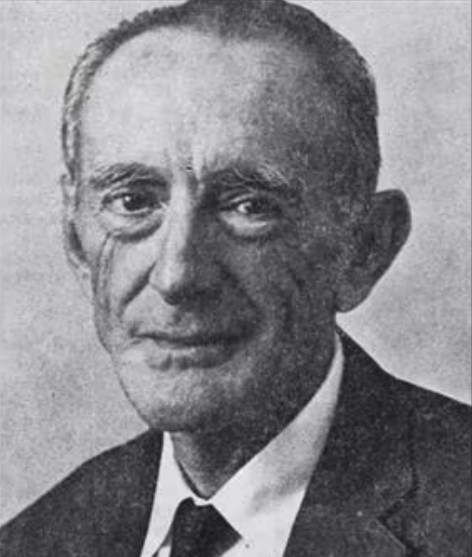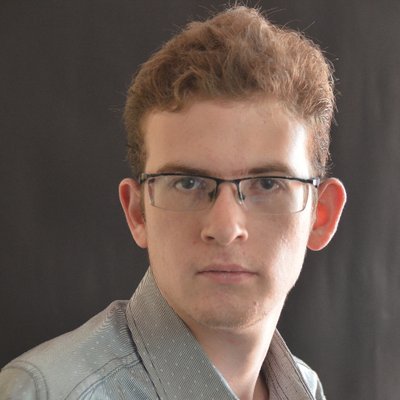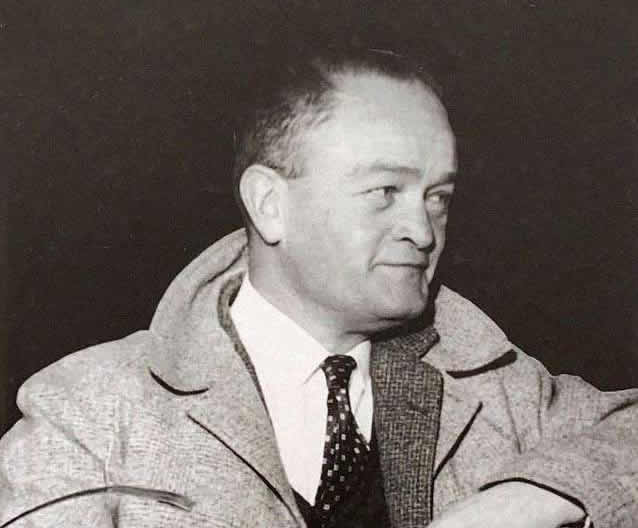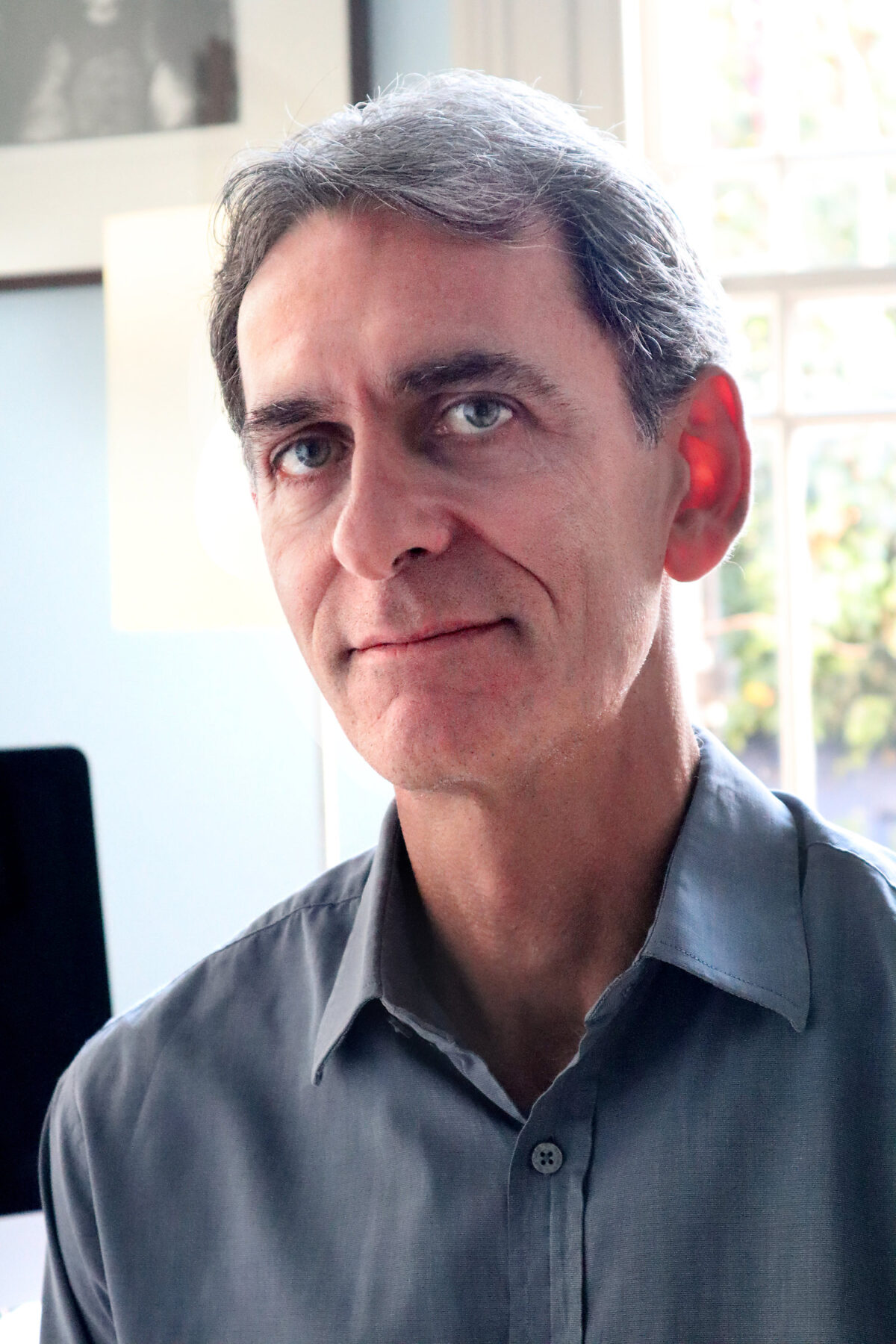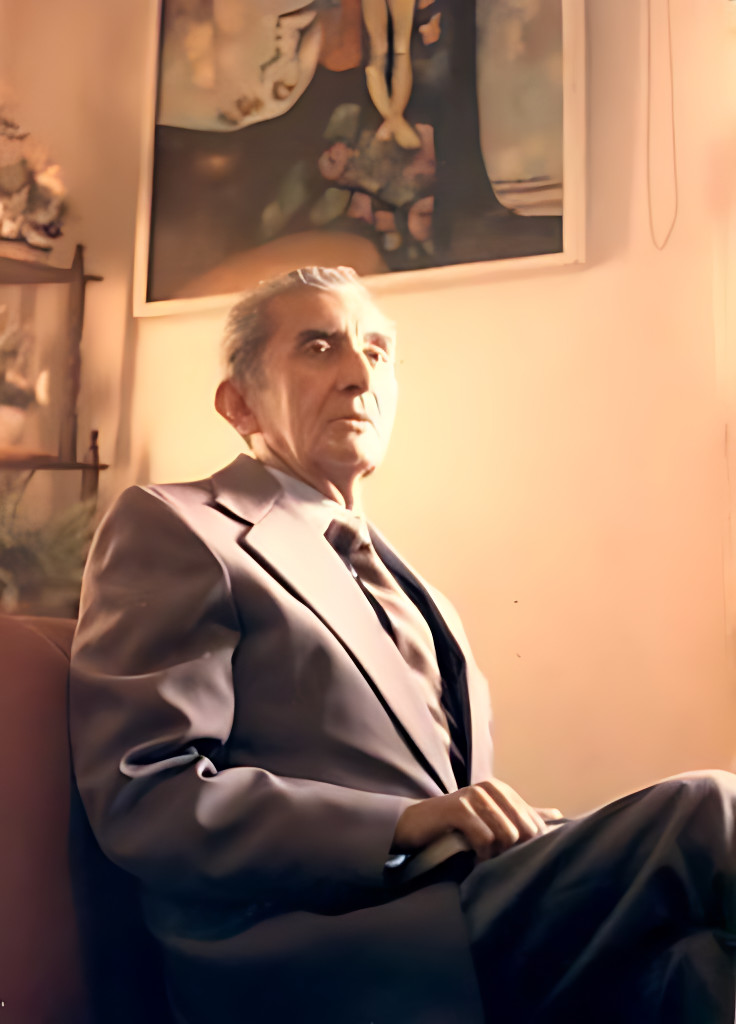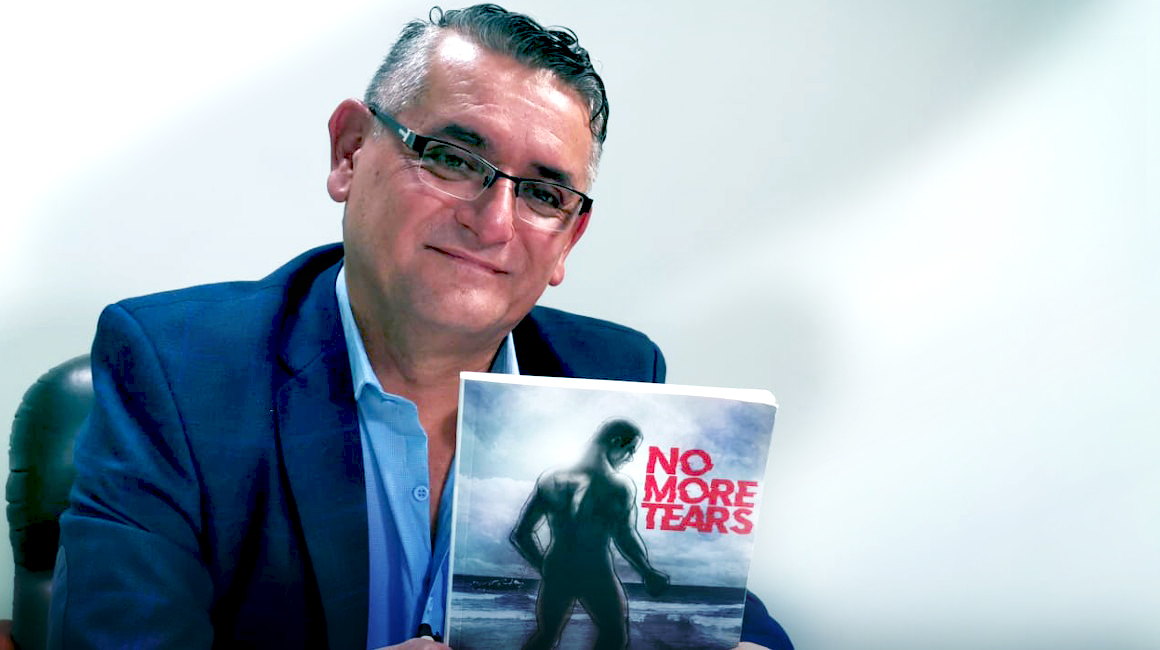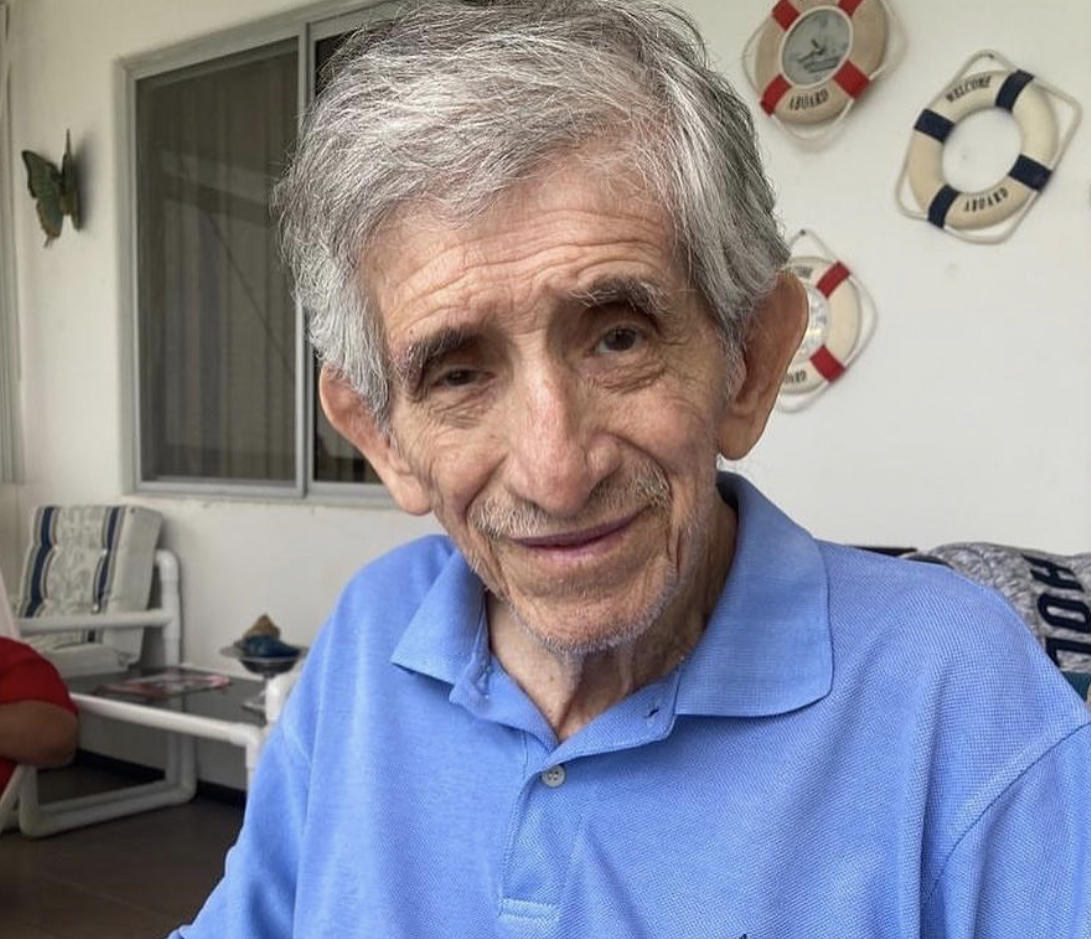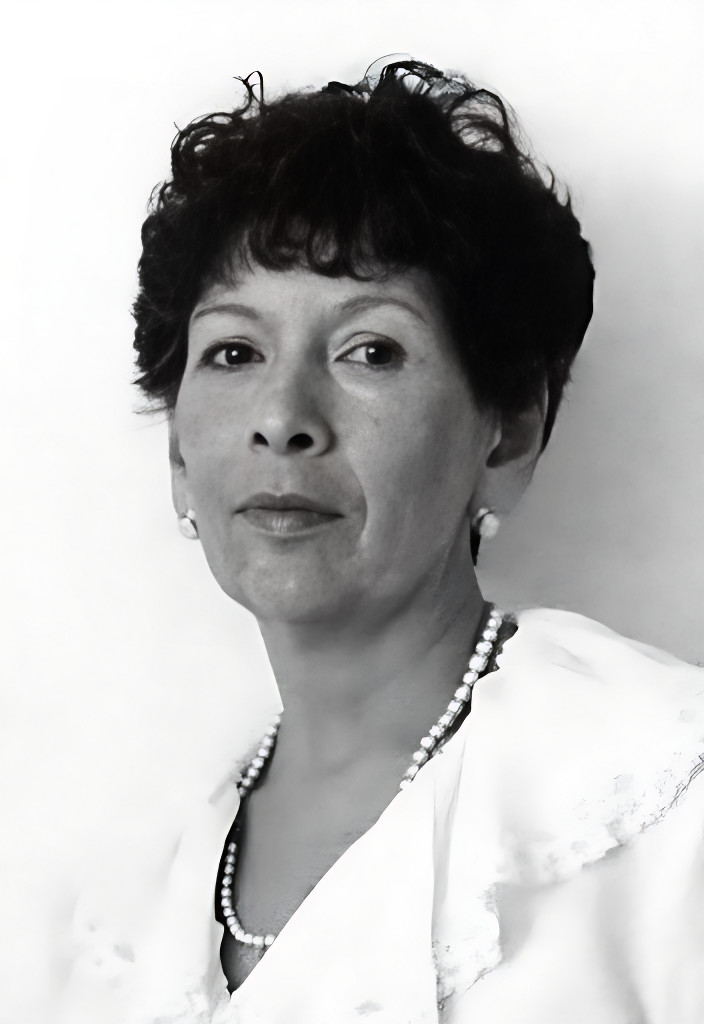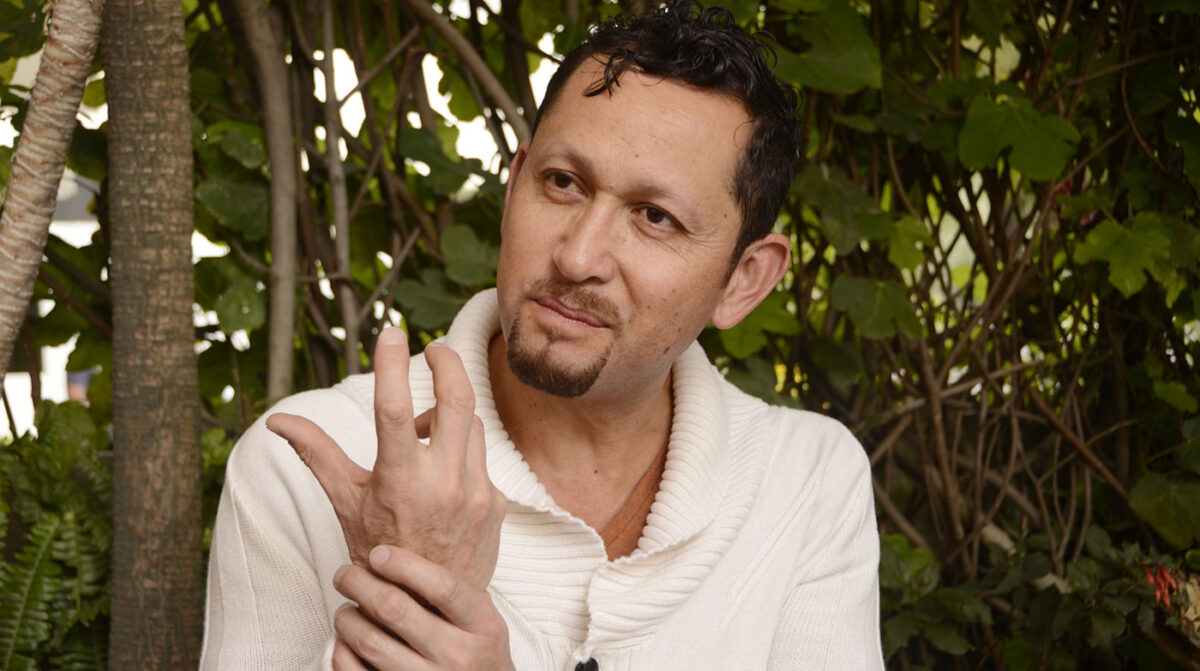Dario Demetrio Ruiz C. (1897–1980) was an Ecuadorian journalist, poet, and customs manager. In the 1930s, he founded two newspapers in Guayaquil: El Derecho and El Espectador. He also worked as a writer for other prominent newspapers, including El Universo and El Telégrafo. Ruiz Cárdenas published several of his poems in various publications throughout his life, but a collection of his works has never been compiled into a book.
Continue reading “Dario Demetrio Ruiz”Category: Journalists
Efraín Pérez Castro
Efraín Leonidas Pérez Castro (Guayaquil, November 16, 1912 – May 2, 2001) was an Ecuadorian writer, journalist, and columnist. As the son of Ismael Pérez Pazmiño, founder of El Universo, he played a key role in the newspaper’s development alongside his brothers. Pérez Castro was known for his insightful editorial columns and his contributions to Ecuadorian literature, publishing works such as Prosa y verso (1960). He was also an active member of cultural organizations like the Círculo de Periodistas del Guayas and Casa de la Cultura Ecuatoriana. In 1992, he was awarded the National Order of Merit for his contributions to Ecuador’s cultural landscape.
Continue reading “Efraín Pérez Castro”Diego Montalvo
Diego Montalvo (Quito, 1995) is an Ecuadorian writer and journalist. He is a graduate of the Universidad de Las Américas (UDLA), where he studied journalism. Montalvo gained recognition in the literary world with his anthology Suspenso en Letras (2012), and he has been an active member of the literary and cultural community, serving in roles such as a member of the Academic Section of Literature of the Casa de la Cultura Ecuatoriana. In journalism, he has contributed to magazines like Leo and Emprendedores, and currently writes opinion pieces for La República, focusing on political and social issues.
Continue reading “Diego Montalvo”Gustavo Vallejo Larrea
Gustavo Vallejo Larrea (Riobamba, 1905 – Quito, 1961), a journalist, poet, legislator, and advocate for education, founded the “Campaña Nacional de Alfabetización” (National Literacy Campaign) in 1948. As president of the National Union of Journalists (UNP), he led this movement, significantly reducing illiteracy rates across Ecuador for 17 years. His dedication, fueled by the belief in education’s pivotal role in national development, propelled the campaign to isolated areas, urban suburbs, and even prisons. Additionally, Vallejo played a significant role in shaping the 1945 Ecuadorian Constitution, contributing to its clarity and the articulation of progressive principles. Vallejo’s legacy continues, with a school in Quito named in his honor and a bust in Riobamba.
Continue reading “Gustavo Vallejo Larrea”Carlos Altamirano Sánchez
Carlos Altamirano Sánchez (Guayaquil, November 15, 1926) is an Ecuadorian poet and journalist, recognized for addressing social issues through his works, including “Hijo Imperfecto” and “Lamento de un Soñador.” His contributions have earned him accolades such as the Gold Medal in the Borja Lavayen Poetry Contest and a significant role in founding the Union of Ecuadorian Journalists, highlighting his impact on Ecuador’s cultural and literary spheres.
Continue reading “Carlos Altamirano Sánchez”Mark Honigsbaum
Mark Honigsbaum (London, 1960) is an esteemed journalist and historian, renowned for his exploration into the historical and contemporary implications of infectious diseases. His connection to Ecuadorian literature comes through his riveting book, “Valverde’s Gold: In Search of the Last Great Inca Treasure” (2004), a work that delves into the heart of Ecuador’s Llanganati National Park in search of the last great hoard of Inca gold. This book not only captures the imagination with its tale of adventure and pursuit but also firmly anchors Honigsbaum’s contribution to literature related to Ecuador.
Continue reading “Mark Honigsbaum”Jorge Vanegas Muñoz
Jorge Vanegas Muñoz (Guayaquil, September 6, 1923 – ibidem, April 6, 2003) the distinguished Ecuadorian poet, novelist, and journalist, left an enduring literary legacy that transcends borders. His notable works, including “Los sangrientos estambres,” “Esqueleto en abril,” and “Los escarabajos de un Virey,” stand as testaments to his poetic prowess and his commitment to the art of verse. In 1975, he received the prestigious National Poetry Contest Ismael Pérez Pazmiño award from the esteemed Guayaquil newspaper “El Universo.” Beyond his literary contributions, Jorge’s advocacy for peace, as seen through his participation in the Committee of Ecuadorian Writers for Peace and representation at the World Congress in Stockholm, reflects his dedication to using poetry as a force for harmony in a world marked by division. His life’s work continues to inspire and captivate readers, solidifying his place in Ecuador’s literary pantheon and beyond.
Continue reading “Jorge Vanegas Muñoz”Esteban Michelena
Esteban Michelena Ayala (Quito, 1963) is an Ecuadorian novelist, writer, and journalist. He is perhaps best known for his trilogy of novels, which includes “Atacames Tonic” (2002), “No more tears” (2018), and the critically acclaimed “El pasado no perdona” (2022) which embodies a genre defined by the author as “tragic realism.” Additionally, through his nonfiction writings, Michelena explores the realities of his country, addressing topics such as political corruption, social inequality, and the struggles faced by marginalized communities. As a journalist, Michelena has been honored with 12 national awards and recognitions, including the “Jorge Mantilla Ortega” award by the newspaper El Comercio on three occasions.
Continue reading “Esteban Michelena”Luis Delgadillo
Luis Delgadillo Avilés (Guayaquil, 1942 – September 13, 2022) was an Ecuadorian poet and journalist. He was part of a group of poets dubbed, “Generación Huracanada” [Hurricane Generation]. In 1971, he won the third national poetry prize. His poetry books include: “El rayo que ilumina” (1971), “Poemas de la marcha” (1977), and “Carta para un hijo y otros poemas” (1997). His non-fiction books include: “Leonardo Escobar Bravo, El ministro de los campesinos” (2006) and “La pepa de oro y el montubio” (2007), which focused on themes of the peasant class. He was a member of the literary section of the House of Ecuadorian Culture in Guayas.
Continue reading “Luis Delgadillo”Bertha Cando de Izurieta
Bertha Cando de Izurieta, also known as Bertha de Izurieta, was an exceptional Ecuadorian writer and journalist hailing from Cotopaxi. She broke barriers as the founding director of Cotopaxi Province’s very first newspaper, El Cotopaxi, which graced readers’ hands from July 24, 1959, until February 22, 1960. In 1962, she became Ecuador’s first-ever female President of a Municipal Council in the town of Saquisilí located in the Cotopaxi Province. Her husband, Gustavo Izurieta Obando, was the deputy director and proprietor of the publishing house, “Editorial Minerva.” Their son, Gustavo Izurieta, also took the reins as director for a few months. In 1954, Bertha’s novel, “Juventud inmolada” [Immolated Youth], was released under the banner of their publishing house.
Continue reading “Bertha Cando de Izurieta”Bernard Fougères
Bernard Fougères, born Bernard Victor Theophile Isidore Fougères Julliot (France, 1934 – Guayaquil, May 5, 2018) was a French journalist, poet, and TV host who resided in Ecuador since May 1, 1965. His poem “Guayaquil de mil hojas” [Guayaquil of a thousand pages] won the 2nd Prize of the 1977 Ismael Pérez Pazmiño Poetry Contest. His winning poem was published in the anthology “Poesía ecuatoriana del siglo XX: Años 1976, 1977, 1978” (Casa de la Cultura Ecuatoriana, Núcleo del Guayas, 1976). He worked as a TV personality for more than 50 years in shows such as El Show de Bernard and Bernard en la noche.
Continue reading “Bernard Fougères”Teodoro Vanegas Andrade
Teodoro Vanegas Andrade (Cuenca, December 21, 1926 – 2002) was an Ecuadorian novelist, journalist, editor, and poet who was a member of the Elan Group. He authored 4 poetry books, “Estación del abismo,” “Ubicación del hombre,” “Señales de la Erranza” and “El libro de los avatares” which was published posthumously. Some of his poems have been translated into Russian, Italian, French and English. He was a columnist for El Expreso newspaper, and was the editor of the literary magazines Antorcha and Paz. In 1971, his novel “La noche estevada” received first mention at the novel contest held by the journal El Universo. He was a member of the House of Ecuadorian Culture.
Continue reading “Teodoro Vanegas Andrade”Carmen Inés Perdomo Gutiérrez
Carmen Inés Perdomo Gutiérrez (Esmeraldas, 1973) is an Ecuadorian poet and journalist. She has contributed to magazines and periodicals in Ecuador. She is the author of three poetry collections: “Silencio en llamas” (2005), “Naufragio del Canto” (2008), and “Tempestad en la Floresta” (2013). Her poems have also been included in several national and international poetry anthologies. She obtained third place in the Gabriela Mistral women’s poetry contest. During the 2007–2009 biennium, she held the position of secretary of the Ecuadorian Society of Writers (SEDE).
Continue reading “Carmen Inés Perdomo Gutiérrez”María Alban Estrada
María Alban Estrada (Guayaquil, February 28, 1939) is an Ecuadorian writer, investigative journalist, and editor. Her book “Con dios todo se puede: La invasión de las sectas al Ecuador” (written with Juan Pablo Muñoz) was the best-selling book in Ecuador in 1987. She worked as the editor-in-chief of Vistazo magazine between 1982 and 1985. She also held the positions of director of the investigative unit of Diario Expreso and general editor of Vistazo magazine. In 1988 she was awarded a scholarship, which allowed her, as a special observer, to attend investigative journalism schools in New York, Missouri, Kansas, Washington D.C., and San Francisco. She was also an active member of Investigative Reporters and Editors (IRE), a grassroots nonprofit organization headquartered in Columbia, Missouri dedicated to improving the quality of journalism by educating, empowering and connecting journalists across the globe.
Continue reading “María Alban Estrada”Pedro Artieda Santacruz
Pedro Artieda Santacruz (Quito, 1964) is a psychologist, novelist, short story writer, journalist, essayist, literary critic, and professor. In 2003, he published a study titled “La homosexualidad masculina en la narrativa ecuatoriana” [Male Homosexuality in Ecuadorian Narrative], which received the Manuela Saénz Prize in 2004. His first novel, “Nadie sabe con certeza” [Nobody Knows For Sure], was published in 2001, followed by the psychological science fiction novel “La última pared roja” [The Last Red Wall]. In 2011, he released a collection of short stories titled “Lo oculto de la noche” [The Hidden Night], and in 2013, his third novel “Bajo el hábito” [Beneath the Habit] received an honorable mention at the Joaquín Gallegos Lara Prize for Best Novel of the Year. This novel tells the story of a transgender Franciscan living in a monastery in Quito. Pedro Artieda Santacruz has contributed to newspapers such as El Comercio and Hoy, and his articles on literature, cinema, and gender have been published in various magazines including Diners, El Búho, and Vistazo, among others.
Continue reading “Pedro Artieda Santacruz”